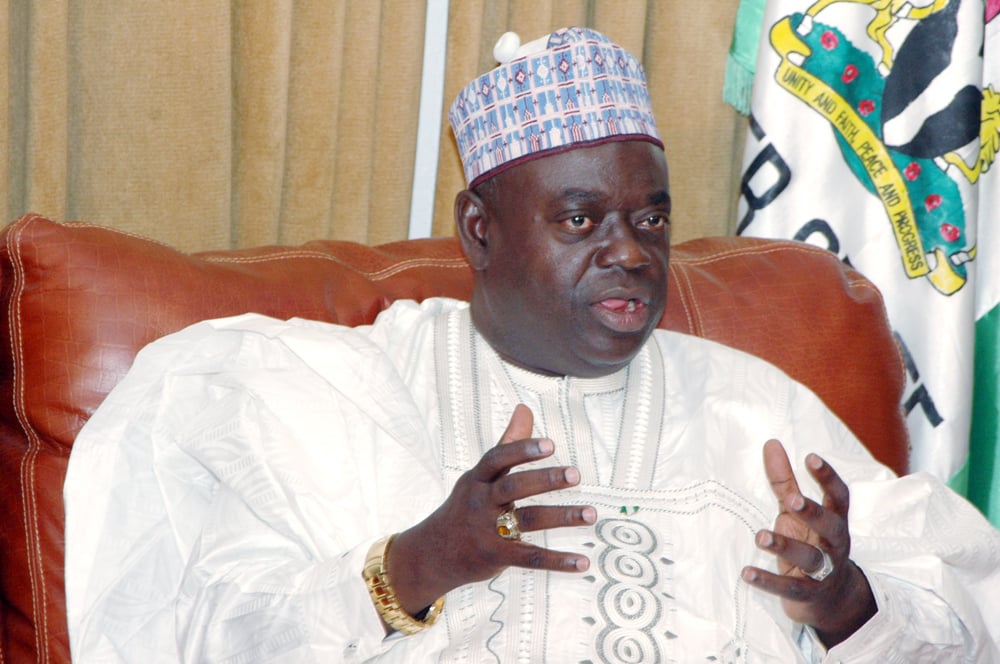Auwal Ibrahim Musa (Rafsanjani)
The Civil Society Legislative Advocacy Centre (CISLAC) has criticised court decisions dismissing high-profile corruption cases involving Ayodele Fayose, Adesola Amosu, and Oba Otudeko.
In a statement signed by Auwal Ibrahim Musa (Rafsanjani), executive director of CISLAC and head of Transparency International Nigeria, the organisation warned that such decisions risk undermining Nigeria’s fight against graft and eroding public confidence in the justice system.
CISLAC took aim at recent judgments delivered by Chukwujekwu Aneke of the federal high court, which resulted in the acquittal or dismissal of major corruption charges involving several politically exposed persons.
CISLAC cited the dismissal of corruption charges against Fayose, former governor of Ekiti state, despite testimony from Musiliu Obanikoro, a former minister of defence, who reportedly told the court that N2.3 billion in public funds was delivered in cash to Fayose using private jets.
Advertisement
Also mentioned was the case involving Amosu, former chief of air staff, who was being prosecuted over the alleged misappropriation of N22.8 billion.
CISLAC expressed dismay that despite what it described as “impeccable evidence”, the court struck out the charges.
Other notable cases, according to CISLAC are the N140,000 fraud case against Abdullahi Babalele, son-in-law of former vice-president Atiku Abubakar; the N322 million money laundering case against former senator Peter Nwaoboshi; and the ₦12.3 billion fraud case involving Otudeko, chairman of Honeywell Group. All were dismissed by the same judge.
Advertisement
Rafsanjani noted that the trend of acquitting high-profile individuals in Nigeria — only for some of them to later be convicted abroad — raises serious questions about the integrity of domestic judicial processes.
He referenced the case of James Ibori, former Delta state governor, who was acquitted in Nigeria but later convicted in the United Kingdom on similar charges.
Rafsanjani also alleged undue political influence in the judiciary, adding that there are reports that some judges may have received luxury housing allocations through Nyesom Wike, minister of the federal capital territory (FCT).
He urged the National Judicial Council (NJC) to restore integrity, discipline, and accountability within the judiciary, and called on the Code of Conduct Bureau (CCB) to enforce transparent and regular asset declarations by judges and other public officials.
Advertisement
The CISLAC executive director also urged the Economic and Financial Crimes Commission (EFCC), Nigerian Financial Intelligence Unit (NFIU), and related agencies to investigate judges whose lifestyles appear to be inconsistent with their legitimate earnings.
“The judiciary must rise above allegations of inducement and partisanship,” Rafsanjani said.
“Nigerians deserve a justice system that upholds the rule of law and protects the rights of the people, not one that serves the interests of the powerful. If the judiciary fails, democracy and justice are both at risk.”
He further called for collective civic vigilance, encouraging citizens, civil society, and the media to demand higher standards of transparency and accountability from the judiciary.
Advertisement











